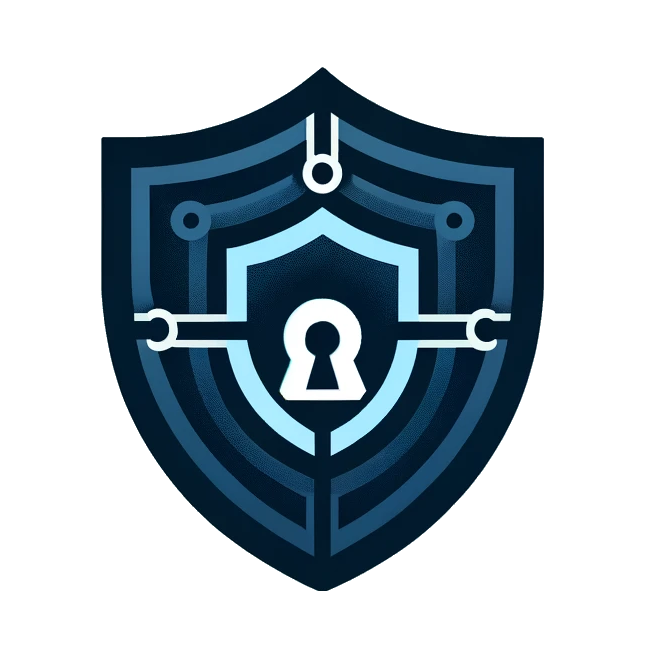Why Use Unique, Hard-to-Guess Answers for Security Questions?
Security questions are commonly used as an additional layer of authentication or for account recovery, providing an extra step in protecting your online accounts. However, if the answers to these questions are easy to guess or easily found through social media or public records, they can become a major weak point in your cybersecurity. Hackers and cybercriminals can use this information to bypass account security and gain unauthorized access.
To strengthen your security, it’s important to choose security questions with answers that are unique, hard to guess, or even random strings of characters. By opting for obscure or unrelated responses, such as selecting a favorite color or pet name that isn’t publicly known, you make it significantly harder for attackers to compromise your accounts. Taking the time to craft strong, unpredictable answers to your security questions adds an important layer of protection and reduces the risk of unauthorized access to your personal and sensitive information.
Risks of Weak Security Question Answers
- Easily Guessed Information:
- Many security questions ask for publicly accessible or easily researched information, such as your mother’s maiden name, hometown, or high school.
- Social Engineering:
- Attackers may exploit publicly available data from social media, public records, or even casual conversations to answer your security questions.
- Data Breaches:
- If the same answers are reused across multiple accounts, a breach on one service can expose others.
- Common Answers:
- Generic answers like “pizza” for favorite food or “blue” for favorite color are too predictable and often attempted in brute-force attacks.
Best Practices for Security Questions
Use Unique and Random Answers
- Instead of actual answers, use random strings or passwords.
- Example: For “What is your mother’s maiden name?” use
C@tP4w8S2*. - Benefit: These are impossible to guess and unrelated to real-world data.
- Example: For “What is your mother’s maiden name?” use
Treat Security Question Answers Like Passwords
- Use a password manager to store these answers securely, just like you do with passwords.
- Example: Save the question and its random string answer in the “notes” section of your password entry.
Avoid Real Answers
- Even if you use real words, make them unrelated to the question.
- Example: For “What is your first pet’s name?” answer with something like
RedPineapple42.
- Example: For “What is your first pet’s name?” answer with something like
Never Reuse Answers Across Accounts
- Reusing answers creates a single point of failure. Each account should have its own unique response.
How to Create Strong Security Question Answers
- Generate Random Strings:
- Use tools like a password generator to create answers that are truly random.
- Example:
8X9z!QW3m%G.
- Combine Unrelated Words:
- Create a memorable but unique phrase by combining unrelated words.
- Example:
CloudEagle77.
- Add Complexity:
- Mix uppercase, lowercase, numbers, and special characters.
- Example:
Starlight$9%Fence.
- Avoid Patterns:
- Don’t use obvious substitutions like
P@ssw0rdor12345.
- Don’t use obvious substitutions like
Why Security Questions Are Still Used
Despite their weaknesses, security questions are often used because they:
- Provide a fallback method for account recovery.
- Can be simpler for users compared to other authentication methods.
However, their effectiveness depends on the quality of the answers you provide.
Advanced Tips
- Use Non-Standard Information:
- Answer with something completely unrelated to the question.
- Example: For “What is your favorite book?” answer
RocketBanana$12.
- Combine with Other Authentication Methods:
- If possible, enable two-factor authentication (2FA) for an added layer of security beyond security questions.
- Opt Out When Possible:
- If a service allows you to skip security questions and use other recovery options, do so.
- Review and Update Regularly:
- Periodically update your security question answers, especially if they are older or based on real information.
Real-World Example
- Weak Answer: For “What is your mother’s maiden name?” you use “Smith,” which is easily guessed from public records or social media.
- Strong Answer: You use
B7&k!P2oW8and save it in your password manager, making it impossible for anyone to guess or research.
The Benefits of Strong Security Question Answers
- Enhanced Security:
- Prevents attackers from easily bypassing authentication through social engineering or brute-force attacks.
- Better Privacy:
- Protects sensitive personal details, even if someone gains access to your public information.
- Increased Peace of Mind:
- Knowing your accounts are protected with unique, random answers ensures you’re less vulnerable to unauthorized access.
Conclusion
Security questions are often an overlooked vulnerability in account protection. By using unique, hard-to-guess answers—or even better, random strings—you can significantly enhance the security of your accounts. Treat these answers as seriously as your passwords, store them securely in a password manager, and never reuse them across accounts. This simple step can make a big difference in protecting your online identity.

Penetra Cybersecurity is at the forefront of defending the digital frontier, providing cutting-edge solutions to protect businesses and organizations from the ever-evolving threats of the cyber world. Established with a mission to create a safer internet for everyone, Penetra leverages a blend of advanced technology, expert knowledge, and proactive strategies to stay ahead of cybercriminals.
Ready to take the next step towards a more secure future? Schedule a consultation with us today and discover how we can help protect what matters most to you. Don’t wait until it’s too late—with Penetra Cybersecurity, your business isn’t just secure; it’s imPenetrable.




